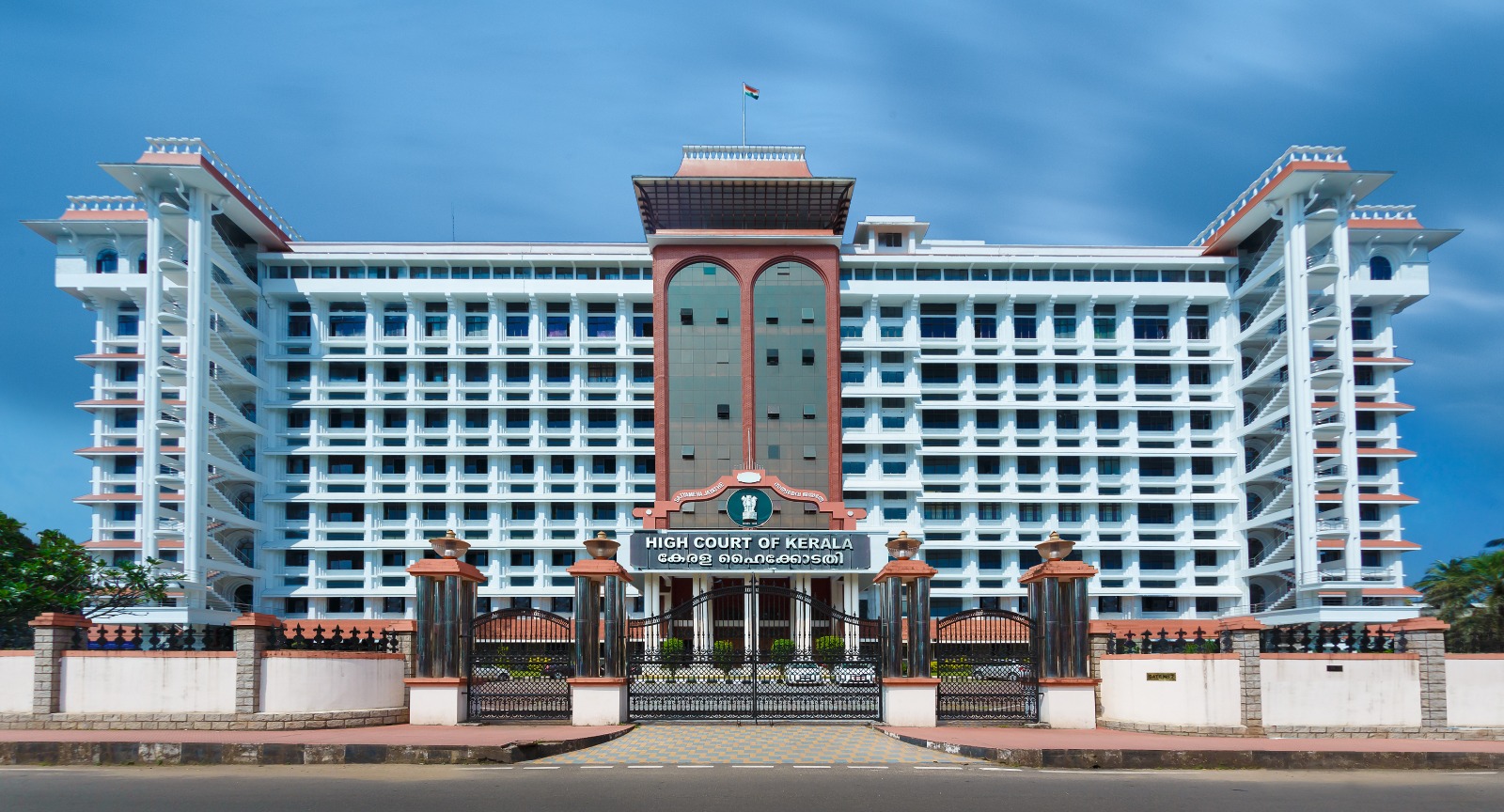@JUDGMENTTAG-ORDER
Ajay Kumar Mittal, J.@mdashThis appeal is directed against the judgment and decree dated 14.8.2003 whereby a petition u/s 13 of the Hindu Marriage Act, 1955 (for short "the Act") filed by the appellant against the respondent was dismissed by the Additional District Judge, Amritsar.
2. The appeal was admitted for final hearing on 15.4.2004. During the pendency of the appeal, the parties filed Civil Misc. No. 22086-C.II of 2005 under Order 6, Rule 17 read with Section 151 of the CPC for amendment of the divorce petition and converting the same into a petition u/s 13-B of the Act. A joint petition u/s 13-B of the Act duly signed by the parties and their respective counsel has also been filed along with the application.
3. It is averred in the application that the parties have been living separate from each other for the last more than 11 years and it has now become impossible for them to live together and therefore, they have mutually agreed to get the marriage dissolved by a decree of divorce. The parties also came present in Court and their statements were also separately recorded.
4. Both of them have stated that they were married on 28.3.1993 and are living separately for the last more than 11 years and there was no chance of their living together. They have filed petition u/s 13-B of the Act without any coercion or pressure and nave now decided to get the marriage dissolved by a decree of divorce by mutual consent. Both of them have further stated that joint petition u/s 13-B of the Act and the affidavits appended therewith bear their signatures. It is further clear from their statements that it has been agreed between the parties that the appellant will pay a sum of rupees four lacs to the respondent towards maintenance for herself and the minor daughter. The respondent in her statement has further stated that she has already received a sum of rupees three lacs from the appellant and has also received a sum of rupees one lac in the Court today. The respondent has also stated that the amount received by her is on account of full and final settlement for the past, present and future maintenance and she shall not demand any further amount from the appellant. Both of them have categorically stated that they had no objection if the marriage between them is dissolved by a decree of divorce by mutual consent.
5. From the averments made in the joint petition filed by the parties u/s 13-B of the Act and from their statements recorded today, I am of the view that the prayer made in the Civil Misc. application deserves to be accepted. Accordingly, Civil Misc. is allowed and the petition u/s 13 of the Act is allowed to be converted into a petition u/s 13-B of the Act.
6. In Chander Kanta v. Mohinder Partap Dogra (2003)135 P.L.R. 230 Balwinder Singh v. Raj Rani (2001)128 P.L.R. 273, Ved Parkash v. Manju 1998(3) R.C.R 44 and
7. After hearing counsel for the parties and having regard to the averments made in the petition u/s 13-B of the Act, which is supported by separate affidavits of the parties, I am of the view that the said petition deserves to be accepted. Both the parties have been duly identified by their respective counsel and have also categorically stated that the petition u/s 13-B of the Act and affidavits filed along with it bear their signatures. It is clear from the averments made in the petition u/s 13-B of the Act and also their statements that they have mutually agreed to get their marriage dissolved and have settled their disputes. The respondent has received a sum of rupees four lacs as full and final settlement of her claim regarding maintenance and has further stated that she will not demand any more money from the appellant. The petition u/s 13 of the Act was filed by the appellant-husband in November, 1998 and the parties have been litigating since then.
8. In view of the above, the judgment and decree of the trial Court dated 14.8.2003 is set aside and the joint petition u/s 13-B of the Act is accepted. Accordingly, marriage between the parties is dissolved by passing a decree of divorce by mutual consent. Let a formal decree by drawn. The appeal stands disposed of in the manner indicated above.

